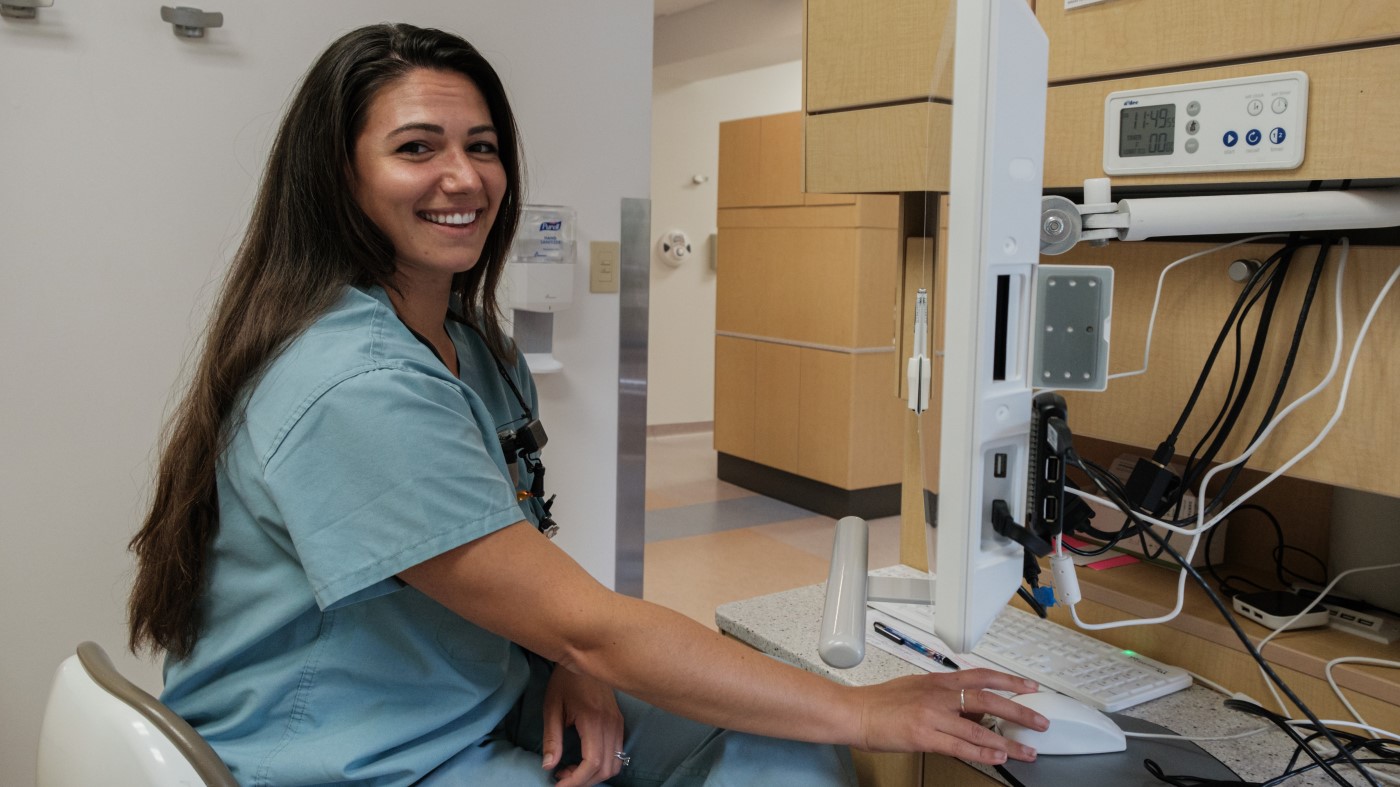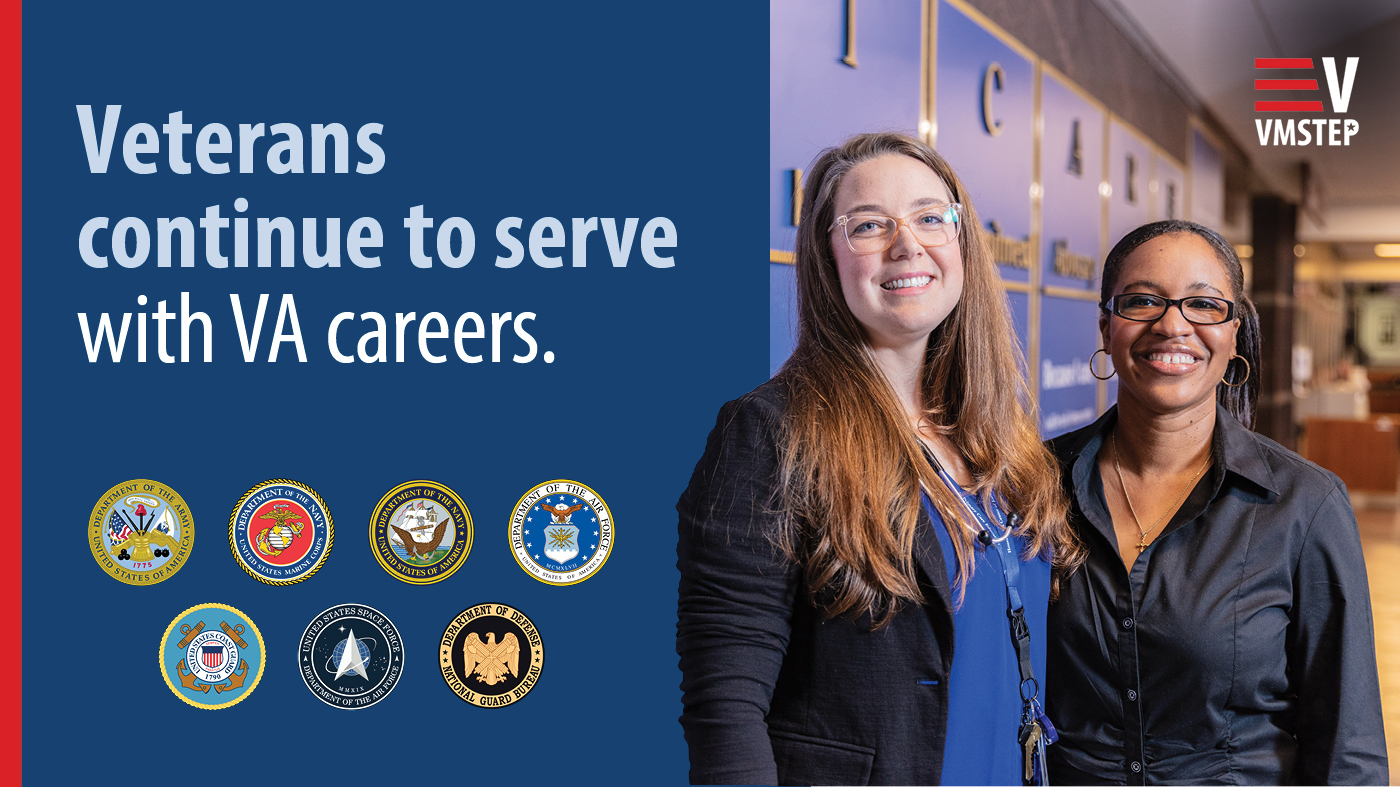Transitioning from military service to civilian life can be an uncertain time for Veterans. Separated from a military life and the structure and rigor of their service, Veterans can feel adrift as they shape their post-military life. Well-suited, consistent and sustained employment can be hard to find.
We have heard of Veterans who are rapidly hired but then soon find themselves back where they had started a year or even months earlier because the job was not a good fit, properly aligned with their skills and goals.
The transition from military to civilian life is unique to each Veteran and their circumstances. Regular and supportive employment can provide a necessary enabler for building a “new normal” outside of the military and provide the stability to tackle mental, physical and social challenges.
However, for Veterans returning home with complex PTSD symptoms, sustainable employment can be hard to maintain, and the lack of employment can have compounding consequences for their PTSD symptoms. It can become a taxing cycle.
Given these challenges that some Veterans face, VA has developed a new initiative to create sustainable employment opportunities for Veterans with a VA service-connected disability of PTSD. This new pilot will bridge the gap and provide the support and resources needed to assist Veterans in their goal of achieving meaningful and sustained employment.
Today, we’re taking another step to help Veterans with a service-connected disability of PTSD secure meaningful and sustained employment. The VA Center for Innovation (VACI) and VA’s Vocational Rehabilitation and Employment teams are partnering with the Corporation for National Community Service to launch the Veterans Employment Pay for Success (VEPFS) Program.
Pay for Success is a simple but compelling idea. Instead of paying upfront for a social service that may or may not achieve the desired results, the government only pays once an intervention produces specific, measurable, and positive outcomes, generating true positive impact in communities across the country. Traditionally, contracts or grants are based on the volume of services delivered, such as the number of students taught in a job training program. An outcome is a longer-term, and hopefully positive, change in people’s lives, like the number of people who find a job. Pay for Success programs are different because the payout occurs only after a rigorous evaluation determines that the pre-agreed-upon outcomes have been achieved due to the intervention. We are paying for what works. We pay for success.
This Pay for Success program is the first of its kind to be attempted at VA. And we’re eager to get started! If you are interested in applying, please check out the opportunity here.
About the author: This article was submitted by the VA Center for Innovation. Read more at VACI’s Medium page (www.medium.com/vainnovation) and be sure to follow them on Twitter @VAInnovation.
Topics in this story
More Stories
You had questions, we had answers. Take a look at the information and advice we shared that had the most impact with readers in 2024.
For Veterans, the mission does not end when the uniform comes off. VA careers offer opportunities to serve while building fulfilling civilian careers.
Whether it’s access to the great outdoors or a calmer pace in your everyday life, you can find it in rural VA communities around the country.






